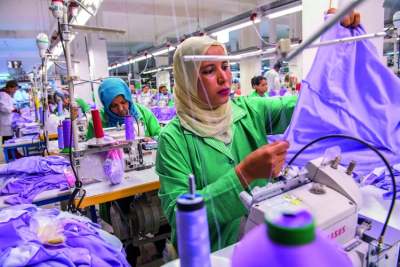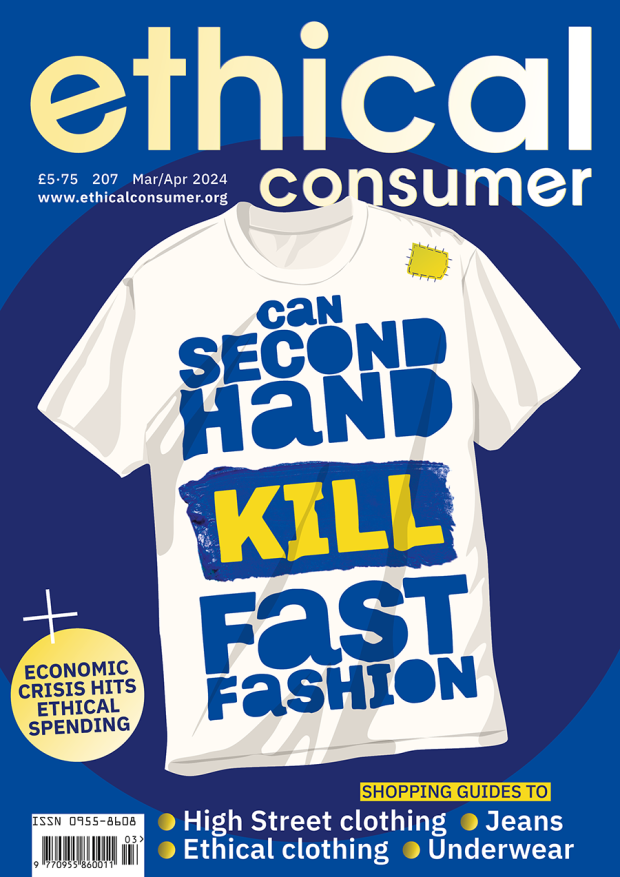One of the first department stores selling ‘mass-produced’ ready-to-wear clothing items opened in the mid-nineteenth century.
Fast-forward to today, and brands such as Shein are reportedly adding 6,000 new styles of clothing to their website every day.
Our previous high street clothing guide (in 2021) zeroed in on fast fashion, and depressingly since then we have seen the emergence of an even more troubling version: ultra-fast fashion. The ‘ultra’ prefix rarely signifies something pleasant these days (ultra-processed, ultra-conservative, etc.), and it's alarming that some industry players looked at fast fashion’s mounting environmental and social costs and thought ‘let’s make it faster’.
Yet here we are, with a further ethical gulf having opened up between ‘traditional’ high street behemoths, which largely remain steadfast in their inaction on the climate and workers’ rights, and ‘ultra-fast’ outlets like Shein and Temu, which appear to be locked into a moral race to the bottom on every imaginable issue (an ultra-marathon perhaps?).
Who's in this guide on ethical and sustainable high street fashion brands?
This guide covers some of the big high street brands with shops you can go in, as well as online brands and some supermarket brands like George at Asda. We cover popular and more established clothing brands like H&M and Marks & Spencer, along with the newer brands like Boohoo, Shein, Temu. We also include some smaller brands like Seasalt and Patagonia.
And with a maximum of 100 points available, it's disappointing to see so many brands in the fashion world scoring between 0 and 5 points, and over half the brands we rated failed to even get 25 points.
Read on to find out how ethical and sustainable high street clothing brands are (or are not).






